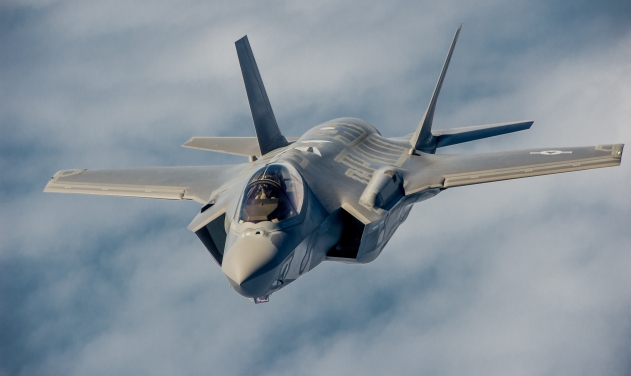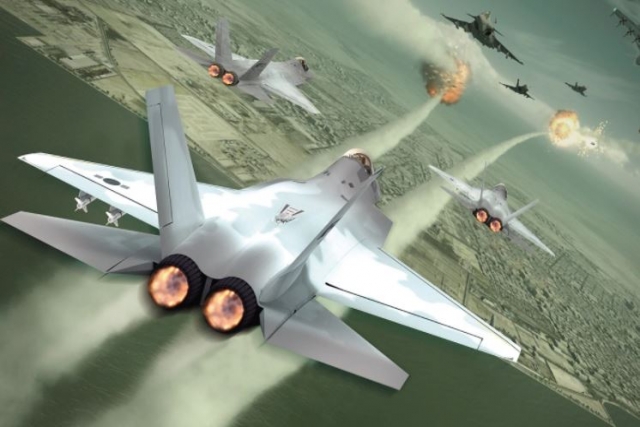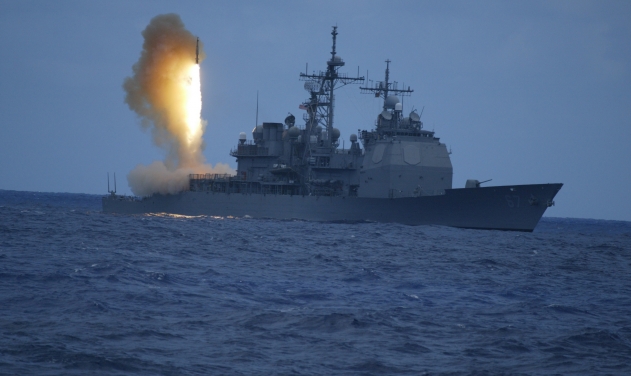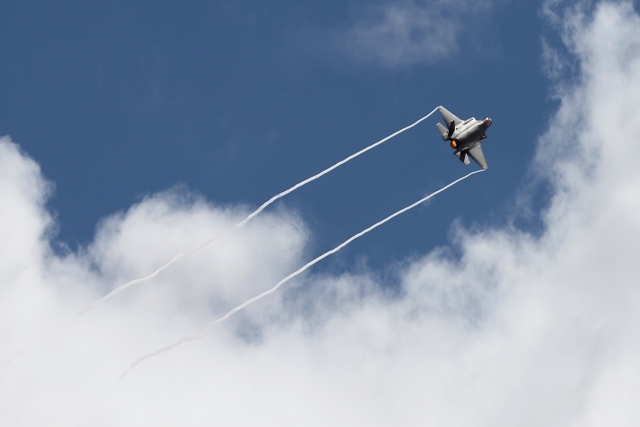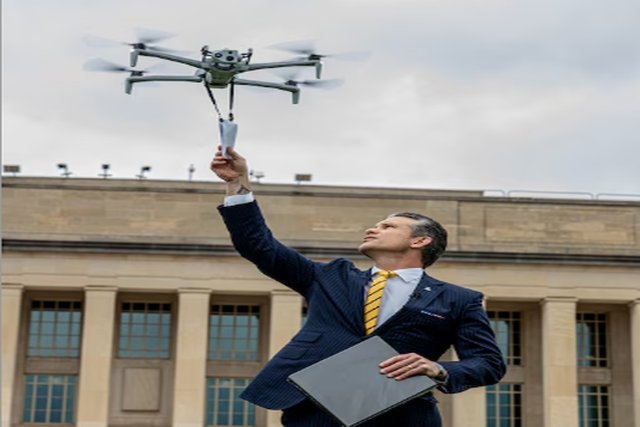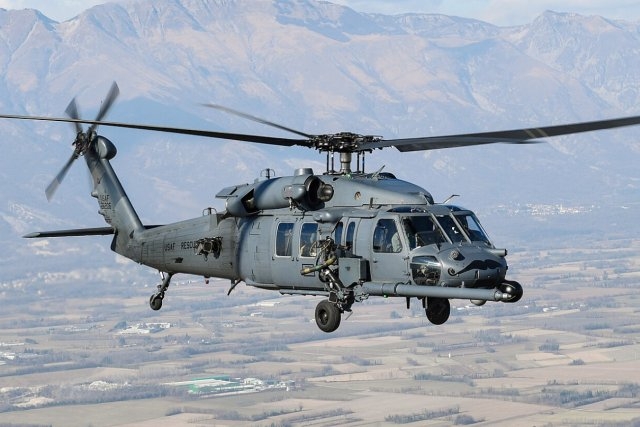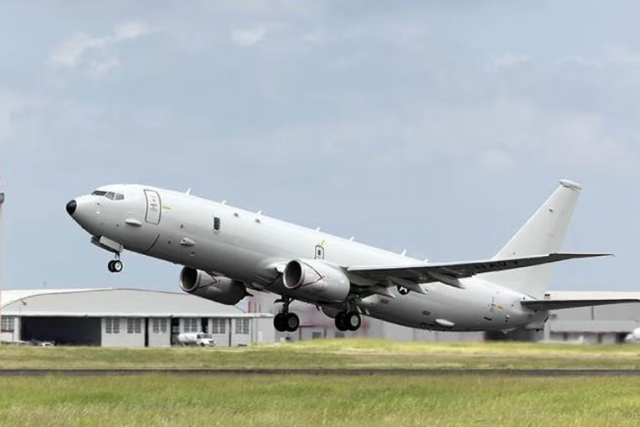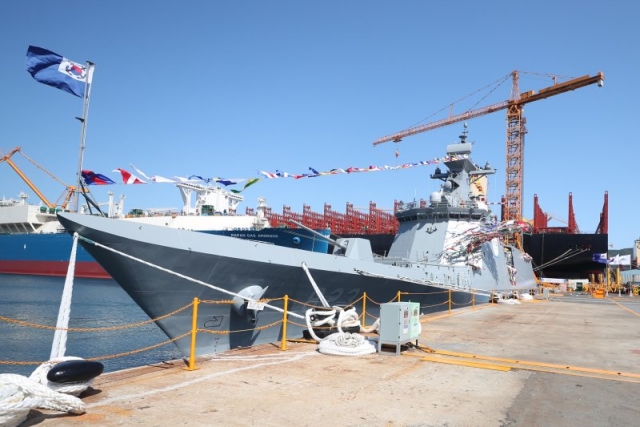S.Korean MoD Seeks 4.5% Hike in Defense Budget for 2022
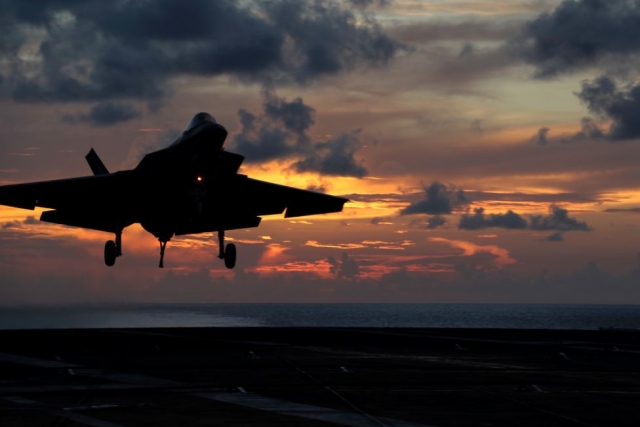
South Korean Ministry of Defense has requested a defense budget of 55.23 trillion won ($42.4 billion) for the next year, representing a 4.5% increase from this year’s budget, to focus on KF-21 fighter development and constructing new Navy vessels including an aircraft carrier and a submarine, among others.
The proposal is scheduled to be submitted to the National Assembly on September 3 for approval, Yonhap News Agency reported citing the defense ministry today.
Of the total, the ministry earmarked 17.34 trillion won for arms purchase and other projects to boost the country's defense capabilities and 37.9 trillion won was set aside for running military forces.
According to the ministry, 13.7 billion won will be earmarked to procure such assets as surveillance satellites and ballistic missile early warning radar systems, as well as to upgrade the Patriot missiles and the country's 3,500-ton Ulsan-class frigates.
The ministry has also sought 7.2 billion won for its plan to build a 30,000-ton-class light aircraft carrier with its own technologies by 2033.
Other budget items include 454 billion won for KF-21 fighter development; 421 billion won for a 3,000-ton next-generation submarine project; 11.2 billion won for ultra small-sized satellite development; and 18.9 billion won for an anti-artillery interceptor system.
Other budget items include 454 billion won for KF-21 fighter development; 421 billion won for a 3,000-ton next-generation submarine project; 11.2 billion won for ultra small-sized satellite development; and 18.9 billion won for an anti-artillery interceptor system.
The budget to purchase F-35A fighter jets fell to 2 billion won from this year's 1.2 trillion won as major payments were completed, the ministry said. South Korea began bringing in the advanced stealth fighters from 2019 to beef up air defense capabilities under a plan to deploy 40 units through this year.
As part of efforts to nurture the country's defense industry, the R&D budget for cutting-edge defense technologies will increase 13% on-year to 4.88 trillion won, while 87% of the budget for arms purchase will be spent domestically, the ministry said.
Other things include raising the average daily meal cost of service members and increasing the monthly wage for rank-and-file service members.
